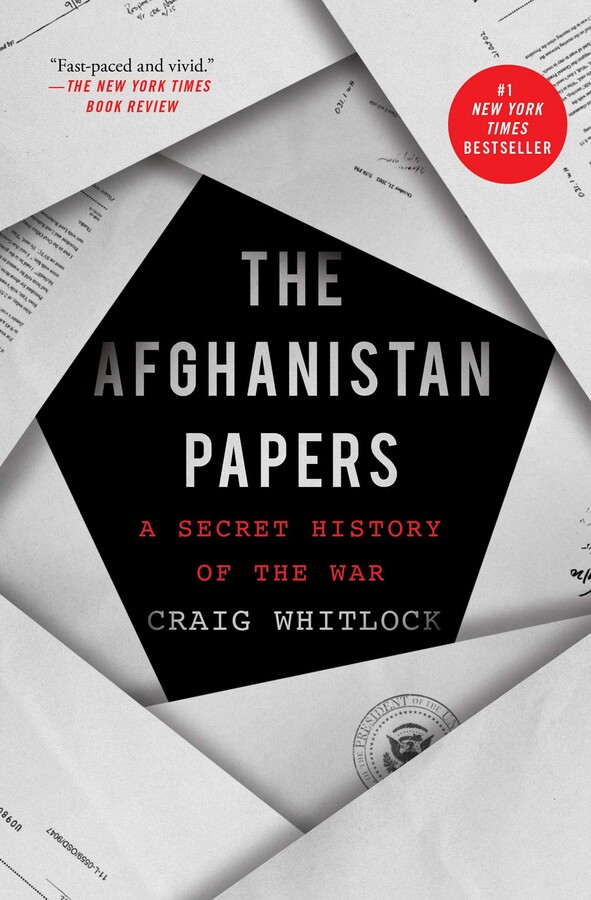Now that we know how the United States’ generation-long misadventure in Afghanistan ended, one Army officer’s experience in 2005, recounted in Craig Whitlock’s excellent and depressing The Afghanistan Papers: A Secret History of the War, takes on an elevated salience. About four years into the conflict, Maj. Charles Abeyawardena, a strategic planner based at the Army’s Center for Lessons Learned at Fort Leavenworth, Kan., flew to the war zone to study the ill-fated effort to create a modern Afghan army. The task was already proving to be difficult, but the US government remained hopeful—as it would, officially at least, for another 15 years—that the nascent Afghan security forces would eventually become capable of keeping the country stable on their own, enabling the United States to withdraw with honor.
Abeyawardena’s mandate was to interview the Americans and senior Afghan officials involved in the work of recruiting, training, and deploying the Afghan army. But he took it upon himself to talk as well to some rank-and-file Afghan soldiers. When Abeyawardena asked them why they’d enlisted, the answers they gave were not unlike the reasons American troops typically cited: They were seeking a solid paycheck, or they wanted to serve their country, or they were taking advantage of a chance to do something new and different. Yet when Abeyawardena probed further, Whitlock writes, the responses foreshadowed serious trouble:
When he followed up by asking whether they would stay in the Afghan army after the United States left, the answers startled him. “The majority, almost everyone I talked to, said, ‘No,’” Abeyawardena said in an Army oral-history interview. “They were going to go back and grow opium or marijuana or something like that, because that’s where the money is. That threw me for a complete loop.”
A decade and a half of grinding counterinsurgency warfare and expensive nation-building efforts later, President Donald Trump made a deal with the Taliban under which the United States would withdraw its forces in 2021. In return, the Taliban promised not to let Afghanistan once again become a safe haven for Al Qaeda or other terrorist groups. They also promised that, in the interim, they would stop attacking American troops and engage in peace talks with the Afghan government. Then, after Trump’s successor, Joe Biden, made it clear that he would follow through on most of the major aspects of the deal, setting the date for planned withdrawal only four months later than initially agreed on, the Afghan national army swiftly abandoned the battlefield, permitting the Taliban to take the capital, Kabul, essentially without firing a further shot.
